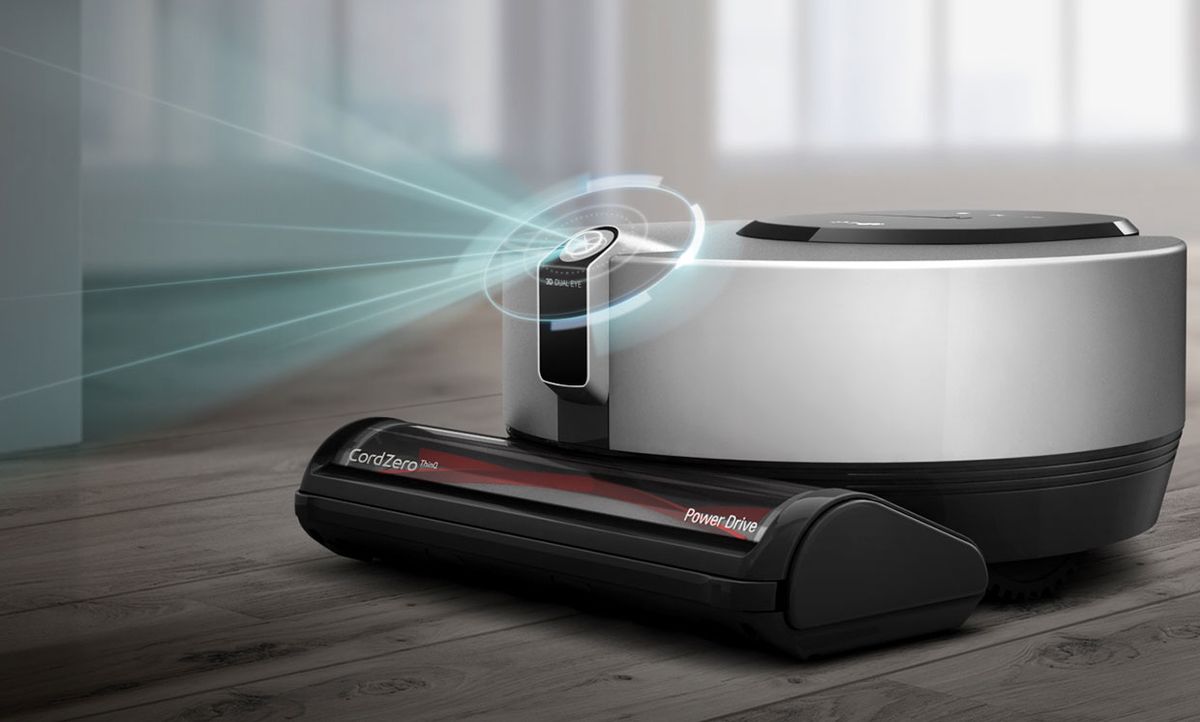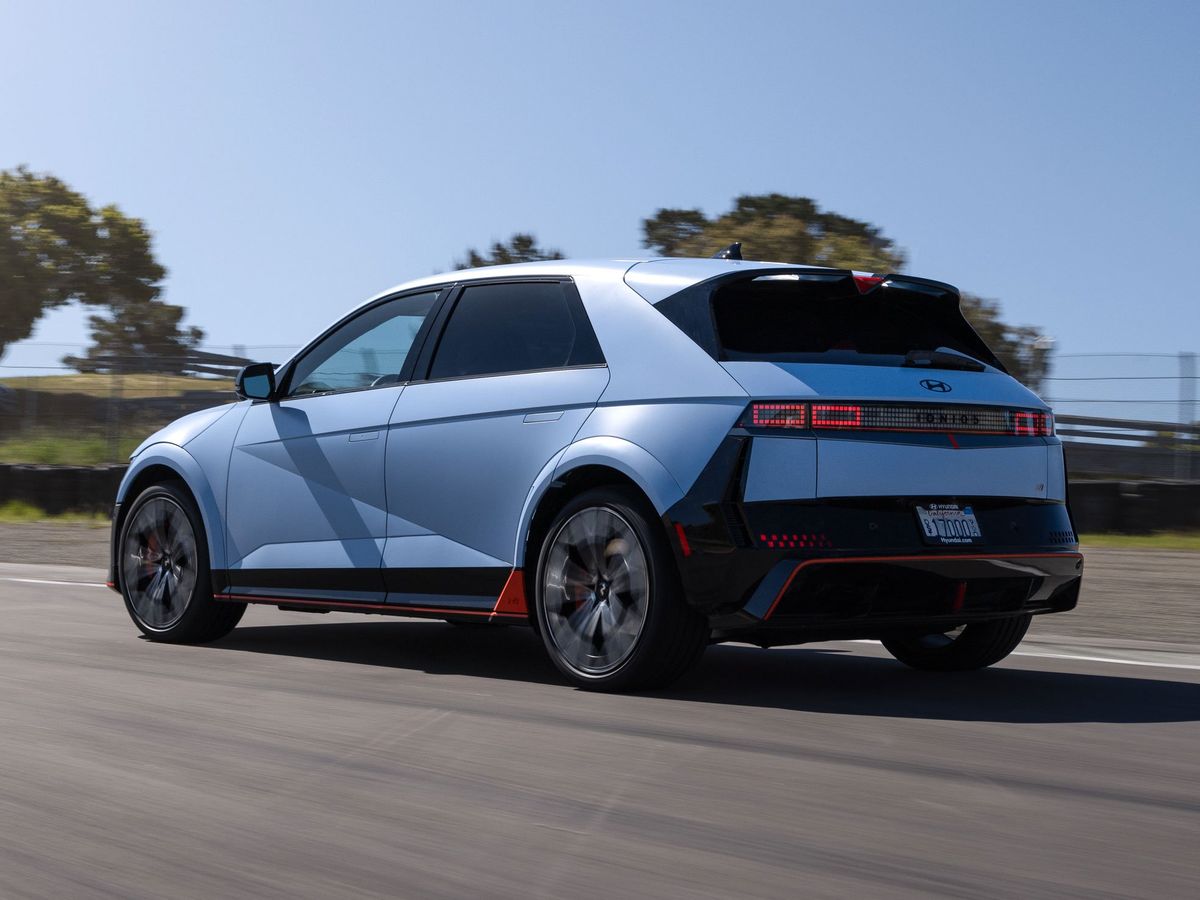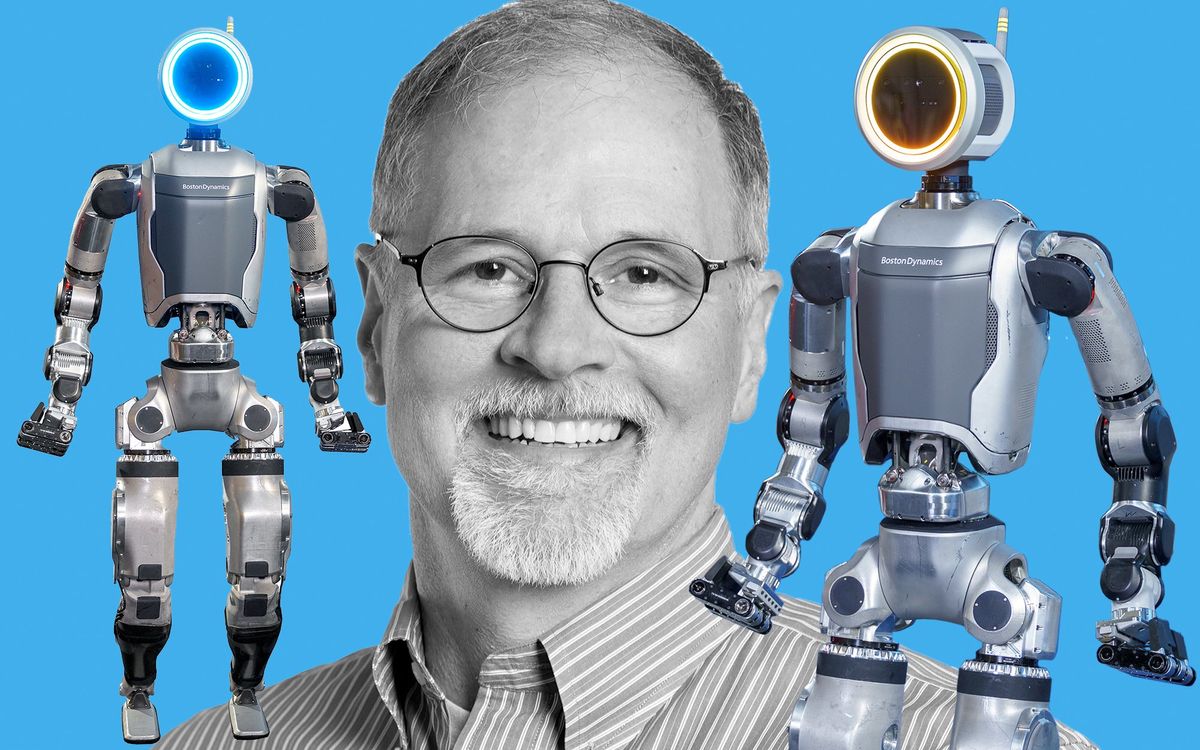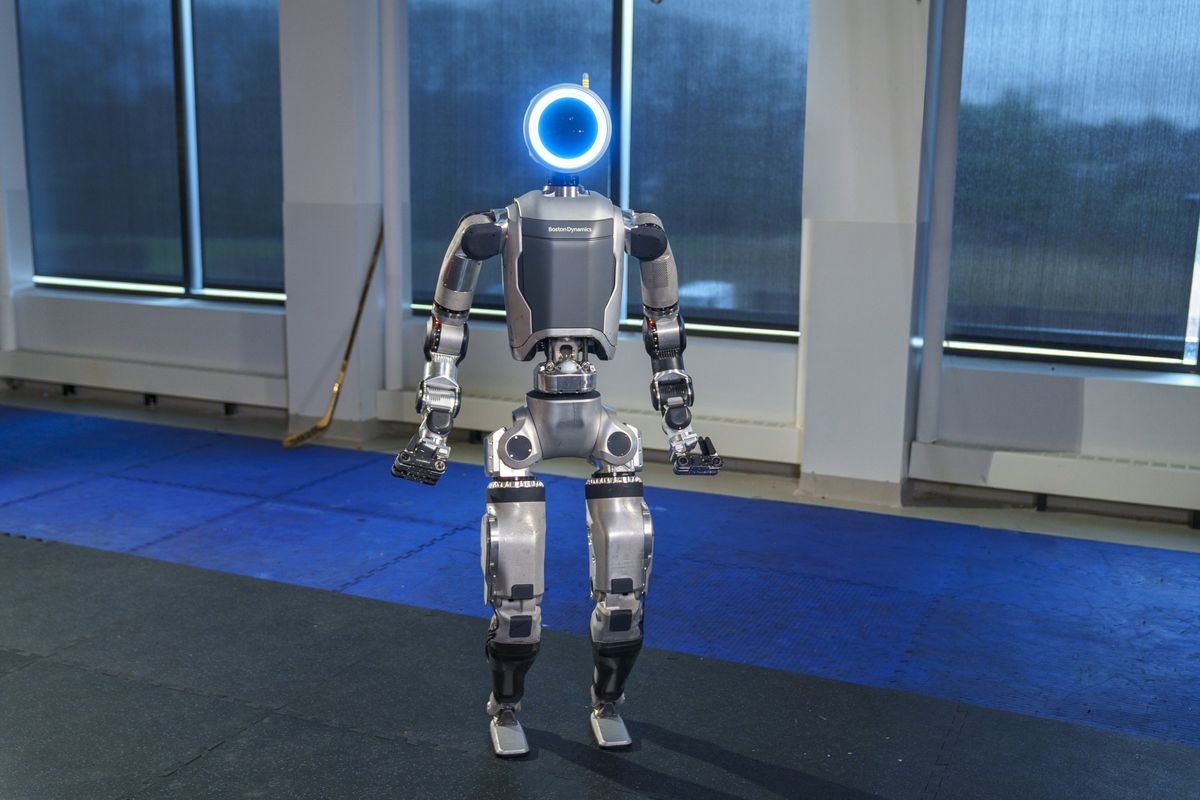Maybe we won’t see a breakthrough new technology at CES 2020. But it’s nice to see consumer electronics companies thinking about our pain points.
LG, kicking of CES press day, was all about AI, or, as the company brands it, ThinQ. Its long-term vision was a grandiose, familiar one in which all the objects that use electricity in your house will talk amongst themselves to make your life perfect.
LG’s nearer term applications of AI to household appliances were more interesting. For one, the company promised that this year’s models of its robot vacuum, the R9, will learn from mistakes—when it gets stuck in a tight corner or under a cabinet, say, and you have to retrieve it, it won’t go there again (kind of like my cat).
In another useful application of AI, LG plans to introduce washing machines that will detect the type of fabrics in the pile of clothes you shove in, automatically setting the appropriate wash cycle settings. (I reached out to the company for information on sensors and other details, and will update when I get an answer.)
And in LG’s final clever little move, the company will adjust icemakers in some of its refrigerators to allow them to produce the large, extra clear, spherical ice cubes popular for craft cocktails in addition to faster-melting standard cubes. Fancy ice cubes aren’t going to change anybody’s life, but as long as you have a built-in icemaker, why not have options?
Panasonic’s really useful bit of new technology nearly got lost in a press conference that featured Olympian Michael Phelps and costumed Star Wars characters roaming the audience: it’s an add-on for its inflight entertainment systems that circulates electrostatic nanoparticles of water. This gadget, executives indicated, will reduce the circulation of viruses, bacteria, and allergens. If such a system will cut the number of times I get sick after a flight, it can’t be installed soon enough.
Bosch, meanwhile, is rethinking the standard car sun visor, replacing it with an LCD screen and AI vision system that tracks the driver’s eyes and blocks the sun. Carmakers aren’t going to install driver-facing cameras and processing power just to run a virtual visor, but with such technology soon moving into vehicles to monitor driver alertness, a smart visor will soon be less of a leap.
Looking further ahead, Bosch executives indicated that the company plans to extend its image analysis systems to the backseat, where they can detect children left in parked cars and notify parents or emergency responders—an option that could potentially save lives.
Tekla S. Perry is a senior editor at IEEE Spectrum. Based in Palo Alto, Calif., she's been covering the people, companies, and technology that make Silicon Valley a special place for more than 40 years. An IEEE member, she holds a bachelor's degree in journalism from Michigan State University.



